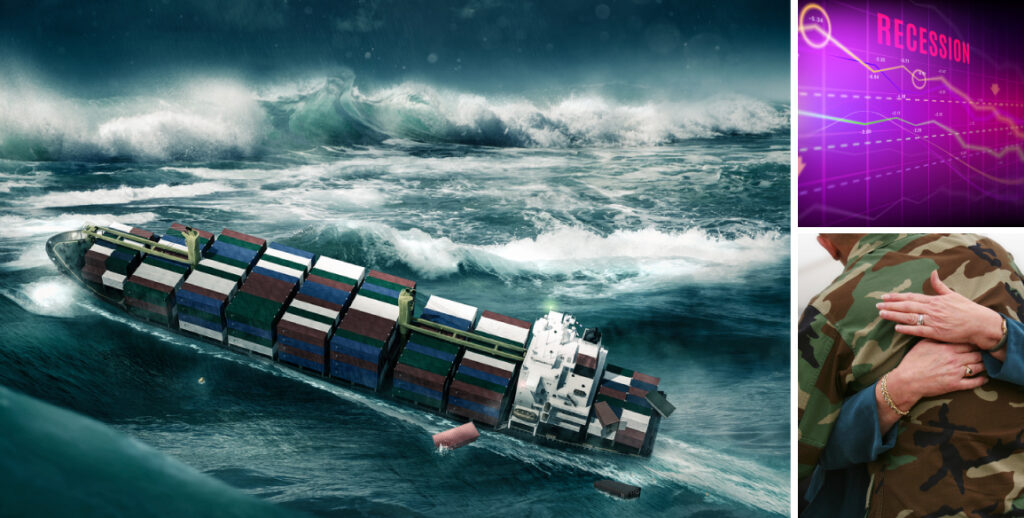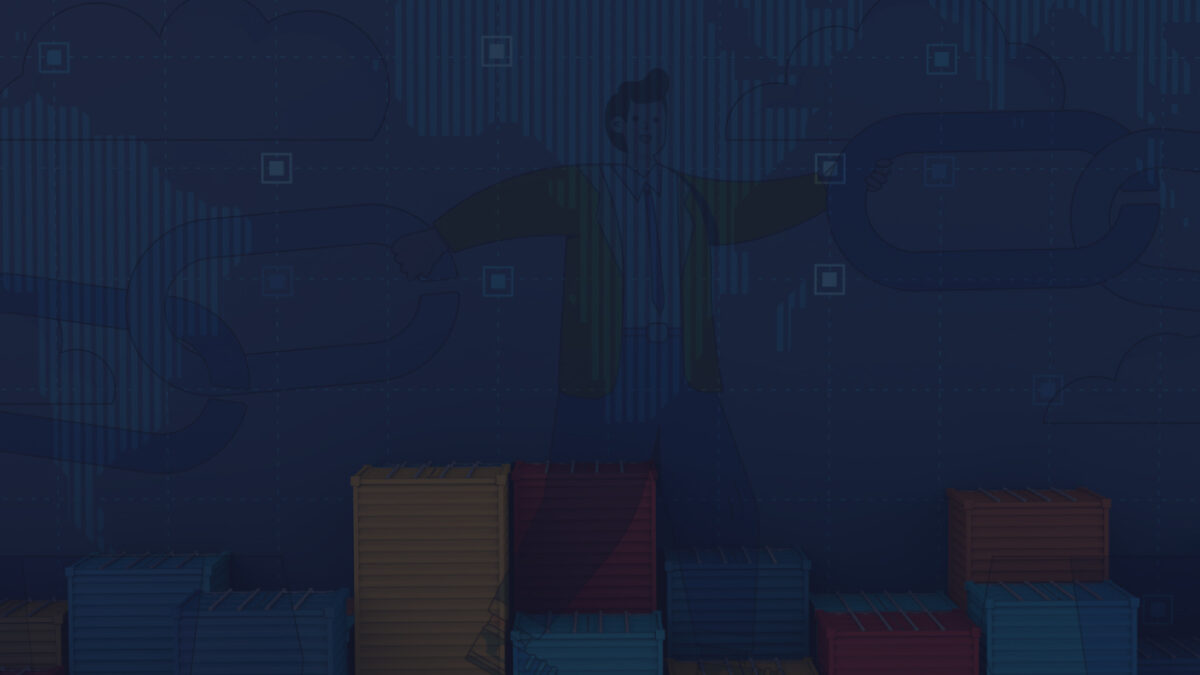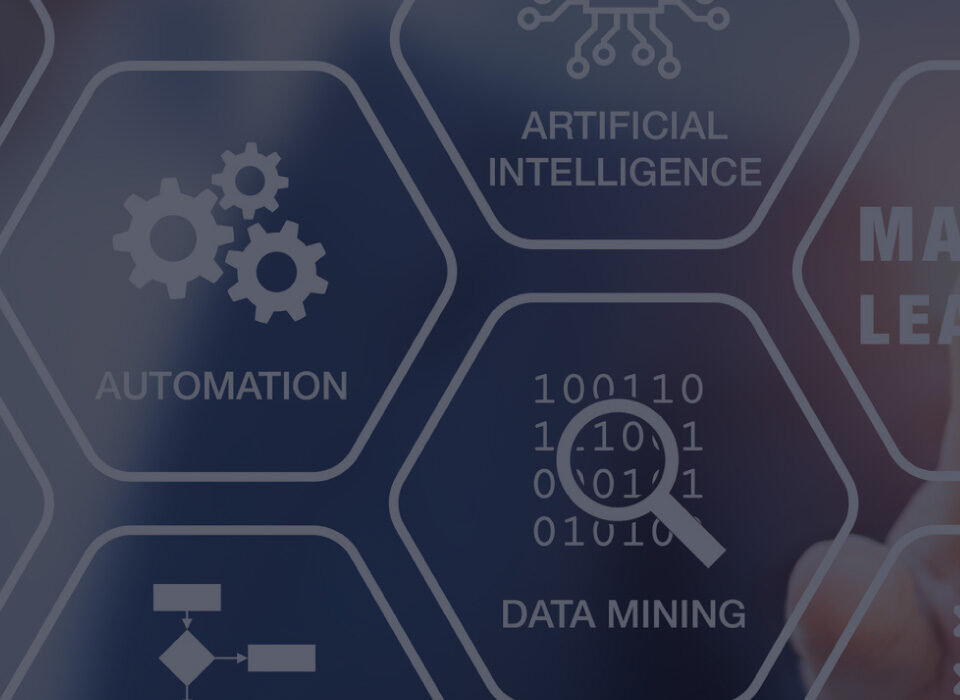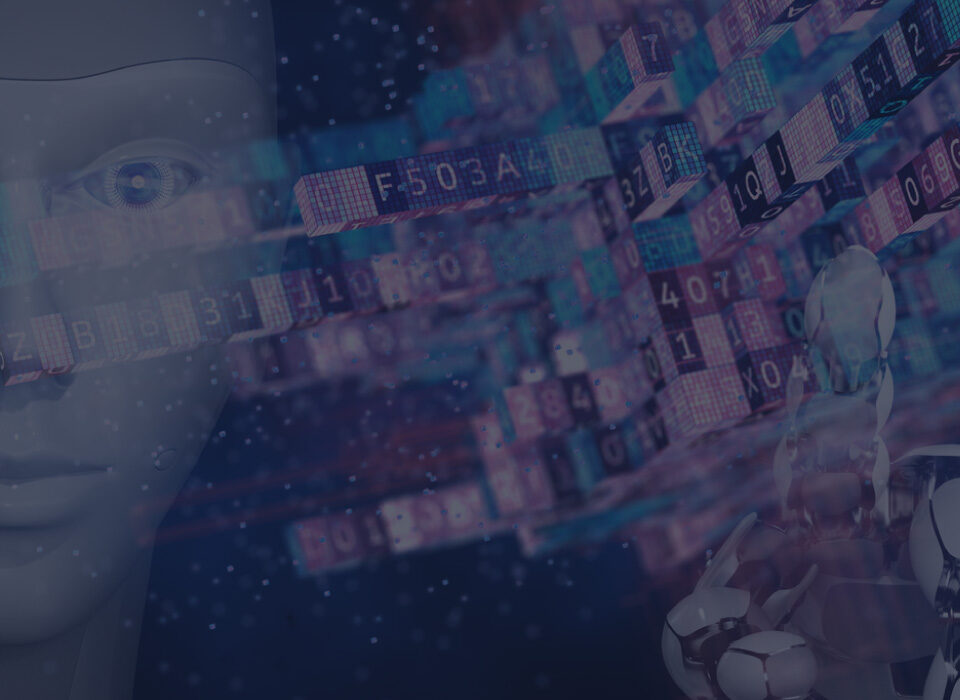
DDAE in Real Estate Supply Chain
December 16, 2022
Top 10 Future Trends in Supply Chain Management in 2023: What to Expect and How DDAE is Stepping Up
December 30, 2022Businesses have always been concerned about supply chain interruptions, but the COVID-19 outbreak revealed how fragile supply chains could be. Companies have had various difficulties that have disrupted their operations and damaged their bottom line, ranging from raw material shortages to shipping delays and congestion at ports.
Supply chain disruptions are here to stay as we approach 2023. Modern supply chains are more vulnerable to disruption due to their global character, increased reliance on just-in-time inventories, and lean production techniques.
What is Demand Driven Adaptive Enterprise (DDAE)?
The Demand Driven Adaptive Enterprise (DDAE) is a supply chain management system designed to adjust to changes in demand in real-time. Its goal is continuously monitoring and responding to changing market conditions to align supply and demand.
The demand-driven MRP (DDMRP) method of planning and regulating production and inventory levels based on real-time demand signals is at the heart of the DDAE strategy. DDMRP manages the flow of materials and products through the supply chain using a combination of push and pull tactics.
Push methods are based on the assumption that demand is predictable and predictable. To meet demand, they rely on predetermined production and inventory strategies. On the other hand, pull tactics are founded on “making what is needed when it is needed.” They rely on real-time demand signals to trigger product manufacturing, enabling a more responsive and flexible approach to supply chain management.
The DDAE framework also highlights the necessity of supply chain collaboration and communication. It encourages organizations to collaborate closely with their suppliers, partners, and customers to improve material and product flow. This can include sharing demand, inventory levels, and capacity information and collaborating on contingency plans and risk management measures.
Supply chain disruptions to consider in 2023
Businesses should consider a range of supply chain disruptions in 2023. Some of the most common include:
Global economic downturn
Economic downturns impact supply chains by making it difficult for enterprises to obtain funding, raw materials, and labor. During an economic recession, companies may experience a decrease in demand for their products, which can result in reduced production and revenue. As a result, their capacity to pay suppliers may suffer, and the movement of materials and products through the supply chain may be delayed or disrupted.
Natural disasters
Natural disasters such as earthquakes, hurricanes, and floods can cause transportation disruptions and infrastructure damage, resulting in delays and shortages. These occurrences can significantly impact firms that rely on just-in-time inventories or have a single source of supply, as they may need help to promptly obtain substitute materials or products.

Political instability
Political unrest in primary sourcing or manufacturing countries can disrupt supply chains by making it difficult for enterprises to secure necessary licenses or permits. Political insecurity can lead to economic insecurity, impairing enterprises’ capacity to acquire funding and raw supplies.
Cyber attacks
Cyber attacks on organizations and infrastructure can cause disruptions in operations and impede the movement of materials and goods through the supply chain. Cyber attacks, such as malware, ransomware, and phishing schemes, can significantly affect businesses, including lost income, damaged reputation, and legal liability.
Pandemics
The COVID-19 pandemic has emphasized the pandemics’ impact on supply chains, as businesses have had to deal with transportation interruptions, bottlenecks at ports, and raw material shortages. Pandemics can also cause a drop in demand for specific items and a shift in consumer behavior, further disrupting supply chains.
Trade disputes
Tariffs and trade disputes can hamper the flow of products and materials between countries, causing delays and shortages. Commerce disputes can emerge for various reasons, such as differences in legislation, standards, or policies, and they can have severe consequences for enterprises that rely on cross-border trade.

Transportation bottlenecks
Congestion at ports, airports, highways, and trains can hinder the flow of commodities and products through the supply chain. Transportation bottlenecks can be caused by various circumstances, including capacity limits, weather, and infrastructure concerns. They can have significant consequences for firms that rely on just-in-time inventory or a single supply source.
Businesses can take a proactive approach to supply chain management and consider solutions such as the Demand Driven Adaptive Enterprise (DDAE) framework, which focuses on continuously monitoring and responding to shifting demand signals to limit the impact of these disruptions.
How can DDAE help to manage the listed disruptions?
The Demand Driven Adaptive Enterprise (DDAE) framework can help deal with supply chain disruptions. Businesses may optimize their production and inventory levels and adapt to market changes more quickly and effectively by continuously monitoring and adjusting to shifting demand signals.
Here’s how DDAE can assist you in managing the disruptions mentioned above:
- Global economic downturn: Businesses can alter production and inventory levels in real-time to reflect changes in market conditions by continuously monitoring demand signals. This can assist them in avoiding shortages or surplus inventory, reducing waste, and increasing efficiency and profitability.
- Natural disasters: By establishing good ties with suppliers and partners, organizations can share knowledge about potential hazards and develop contingency plans to reduce their impact. This could entail diversifying their supplier base, keeping a buffer inventory, and establishing alternate transportation routes.
- Political instability: By collaborating closely with local suppliers and partners, businesses can strengthen their supply chain and explore alternate sourcing choices as needed. They can also create backup plans for potential delays or disruptions.
- Cyber attacks: Businesses can limit the risk of cyber attacks and their impact on their supply chain by installing comprehensive cybersecurity measures and training staff to spot and report potential threats.
- Pandemics: Businesses can better prepare for pandemics and reduce their impact on their supply chain by establishing contingency plans such as maintaining a buffer inventory, diversifying their supplier base, and identifying alternative transportation routes.
- Trade disputes: Businesses can limit the impact of trade disputes on their supply chain by diversifying their sourcing and production sites, cultivating partnerships with local suppliers and partners, and developing contingency plans.
- Transportation bottlenecks: Businesses can detect possible bottlenecks and build contingency plans to solve them by continuously monitoring demand signals and working closely with suppliers and partners. Reduce the demand for transportation; this may entail exploring alternate transportation routes or applying lean manufacturing methods.
Overall, the Demand Driven Adaptive Enterprise (DDAE) framework can assist organizations in incorporating greater resilience and flexibility into their supply chain operations, allowing them better to negotiate the challenges of a volatile global market.
Benefits of Demand-Driven Adaptive Enterprise (DDAE)
There are several key benefits to adopting the Demand Driven Adaptive Enterprise (DDAE) framework in your supply chain management strategy. These include:
- Improved responsiveness: DDAE enables firms to respond to market developments more quickly and efficiently by continuously monitoring and reacting to shifting demand signals. This can help them prevent shortages and excess inventory, which can harm customer satisfaction and revenue.
- Increased efficiency: DDAE helps firms improve their production and inventory levels by combining push and pull tactics, decreasing waste and enhancing efficiency. This can result in cheaper expenses and increased earnings.
- Improved collaboration: The emphasis on communication and collaboration across the supply chain pushes organizations to cultivate good connections with their suppliers, partners, and customers. This can lead to increased information exchange, coordination, and disturbance resilience.
- Risk management: Businesses can anticipate potential hazards and build contingency plans to limit their impact by regularly analyzing demand signals and collaborating closely with partners. This will assist them in maintaining company continuity and protecting their bottom line.

Implementing Demand Driven Adaptive Enterprise (DDAE) in 2023
So, how can businesses implement the Demand Driven Adaptive Enterprise (DDAE) framework in their operations in 2023? Here are some steps to consider:
- Assess your supply chain: The first step in implementing DDAE is to examine your present supply chain and identify any vulnerabilities or bottlenecks. This may entail carrying out a supply chain mapping effort to better understand the flow of resources and goods through your operations.
- Implement DDMRP: Consider applying the demand-driven MRP (DDMRP) method to real-time synchronize supply and demand. Setting up a system to track demand signals and modify production and inventory levels accordingly is required.
- Build strong partnerships and foster cooperation: It is critical to build solid partnerships and foster collaboration with your suppliers, partners, and customers to optimize the movement of resources and goods through your supply chain. This may entail sharing demand, inventory levels, and capacity information, as well as formulating contingency plans and risk management measures.
- Invest in technology: Technology has the potential to be a game changer in enabling the DDAE strategy. To improve visibility and responsiveness, consider investing in enterprise resource planning (ERP) systems, supply chain management software, and real-time tracking systems.
- Continuously monitor and adjust: Because DDAE is a continuous process, it is critical to analyze demand signals and change your operations accordingly constantly. This may entail monitoring and updating your production and inventory plans regularly and detecting and correcting any bottlenecks or inefficiencies in your supply chain.

Conclusion
Supply chain disruptions are an unfortunate reality in today’s business world. Still, by using the Demand Driven Adaptive Enterprise (DDAE) paradigm, businesses can incorporate greater resilience and flexibility into their operations.
Businesses may optimize their production and inventory levels, enhance efficiency, and develop closer relationships with their suppliers, partners, and consumers by continuously monitoring and responding to changes in demand. Businesses can better handle the challenges of an unpredictable global market and preserve their bottom line by using DDAE in 2023.
Interested in knowing how Patrick Rigoni can step up the game of your supply chain? Contact us today and get a free consultation.
Patrick Rigoni also offers in-depth DDMRP courses; if you are interested to know more about DDMRP for the supply chain for your company, here is the link to the NEW DDMRP Page.




